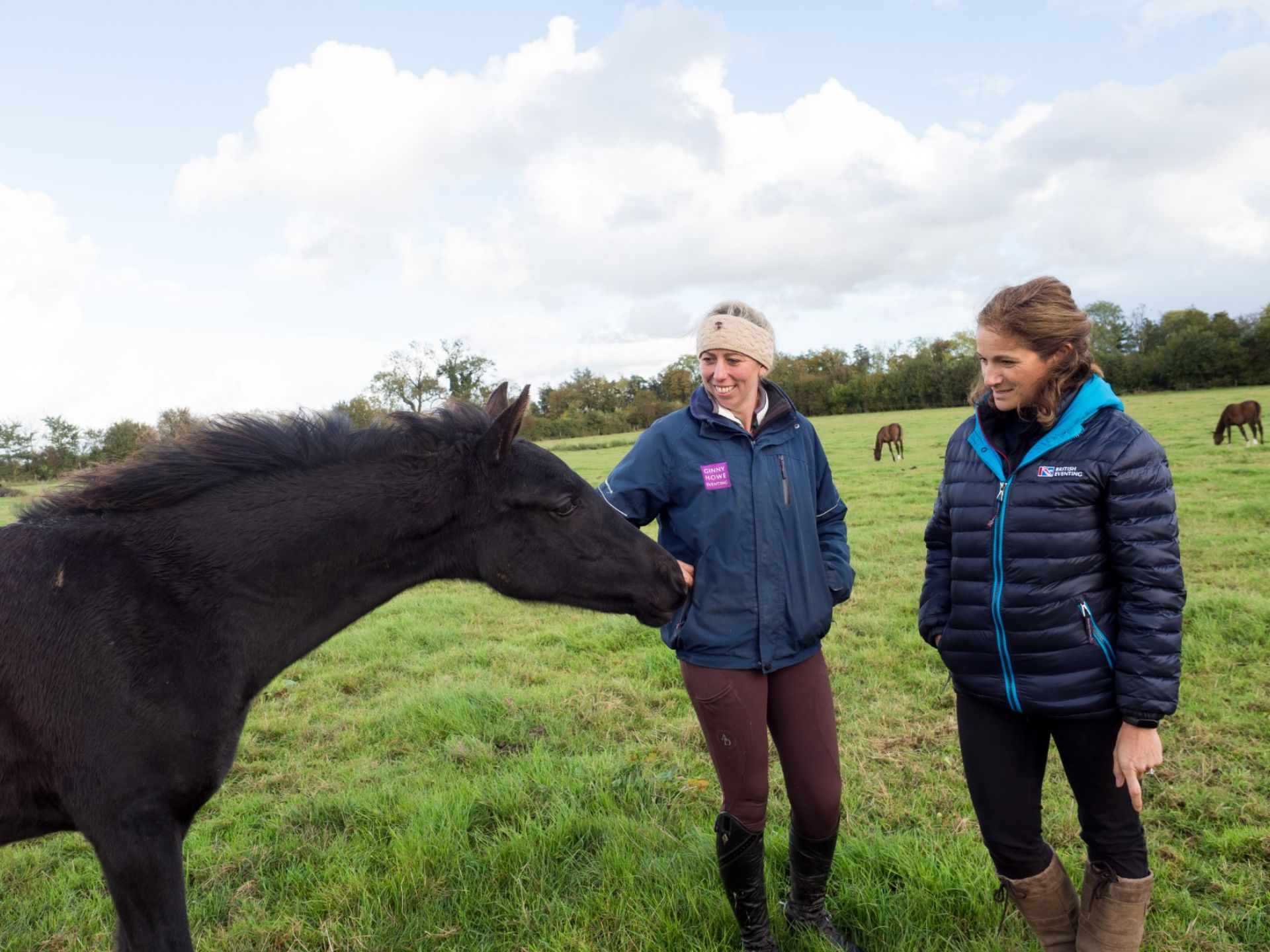
A love of the land, part two
Towards the end of last year, we began a three-part series exploring our managing director, Nicki Kavanagh’s relationship with land-based businesses. In part one we learned how Nicki’s early connections with the rural community were borne out of a deep-rooted passion for the countryside and outdoor pursuits; and how that led her to being part of the British Equestrian Federation board, supporting our elite equestrian athletes at two Olympic Games, and amplifying equestrian sport for all those with a love of horses.
In this second instalment, Nicki explains how her interest in landed estates has grown and how The Juniper Co. has come to work with some of Britain’s most well-known estates, such as Bolesworth, The Duchy of Cornwall, and The Sandringham Estate.
“The deeper you dive, the more you appreciate the skill required to manage a landed estate of very often many thousands of acres with multiple and diverse business opportunities,” says Nicki. “For example, many landed estates are now holding regular events and festivals, and that's something I find fascinating – how you can successfully blend the two, maintaining the heritage of a country estate whilst being successful in today’s environment. This is an area where we have been able to make an impact for rural businesses; helping them find the balance between tradition and looking forward to new business opportunities.
Landed estates require huge investment and management to remain current. They are a massive drain on their owners financially. So, estate teams need to think about what they can do to diversify and continue to build sustainable revenue. I think COVID created an urgent requirement to be flexible. Today’s estate managers need to look at income streams that are going to be resilient, depending on the economy, and wider geopolitics, because the role of farms, farmers and farming is changing, particularly post-Brexit. There's a lot that they must adapt to and if we can help them to build a strategy, to become more resilient, and more flexible in times of change, then I think that's a good thing. For me to be able to combine my business experience with my passion for the outdoors, is a real privilege.
The work we did with The Duchy of Cornwall is a good example of how we've been helping land-based rural businesses to articulate the link between their heritage, and the vision of what they're trying to achieve today and in the future. We were asked to partner with The Duchy to support their strategic review process.
The aim was to identify the Duchy’s vision, values, and factors critical to its success, resulting in the creation of a strategic compass, and a ‘plan on a page’.The Duchy of Cornwall Estate is home to many communities. They have an array of different residential, agricultural, and commercial tenants across their landholdings which are spread across 21 counties in England and Wales. In addition, the Duchy has holiday cottages, a nursery and café, and even a harbour. We were asked not only to help them articulate their vision but to do it in such a way that everyone could easily understand and buy into it. And the results exceeded even our expectations. Find out more about our work with the Duchy here.
Another area where we have been able to help land-based businesses is in making the most of new technology. The pandemic forced us all to look towards new ways of working and fortunately, we already had a lot of the technology in place, so as a business we could adapt very quickly. For example, we moved to MS Teams for virtual meetings almost immediately, because we were already using Office 365. But for remote businesses and those who are geographically dispersed, it became vital to get these tools in place.
The work we completed with the Duchy of Cornwall was undertaken during the pandemic. It was extremely important to them that all the staff were involved in the setting of their organisation’s values. We were able to run nine meetings of between 15 and 20 staff – all virtually facilitated and all using virtual breakout groups, so that every staff member had the opportunity to contribute. Between the Duchy team and the Juniper team, we were able to involve more than 150 people in that process. That would have been much more challenging face-to-face, just in terms of people's diaries and their ability to travel, not to mention the cost.
I think it’s amazing to see strategy in action with all our clients and I'd like to help more rural land-based businesses to create and implement strategy because I think it is often seen as something big corporates use. For a smaller company with geographically dispersed people and a land-based agenda, the tendency can be to ask, ‘Is that really for us? Especially when they can call on the tradition of the last however many hundred years. But the answer to that is, yes. When tradition meets innovation, next-level progress is very likely to follow!
The extent of change that is now required in all of us to remain current is very real. So, we’re happy to do whatever we can to help businesses embrace strategy and recognise that creating a compass with your purpose and direction clearly defined, doesn't need to be a drawn-out and difficult thing. It could be something that brings your team together, particularly your management team, and gives them an opportunity to coalesce around something that they can tangibly get behind and support.
Read more about developing a winning strategy in our article here.